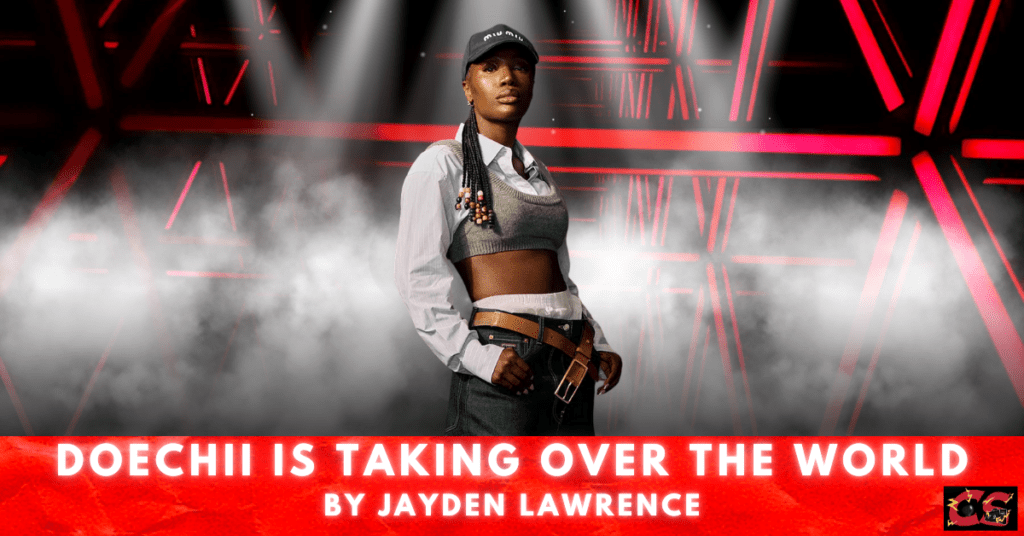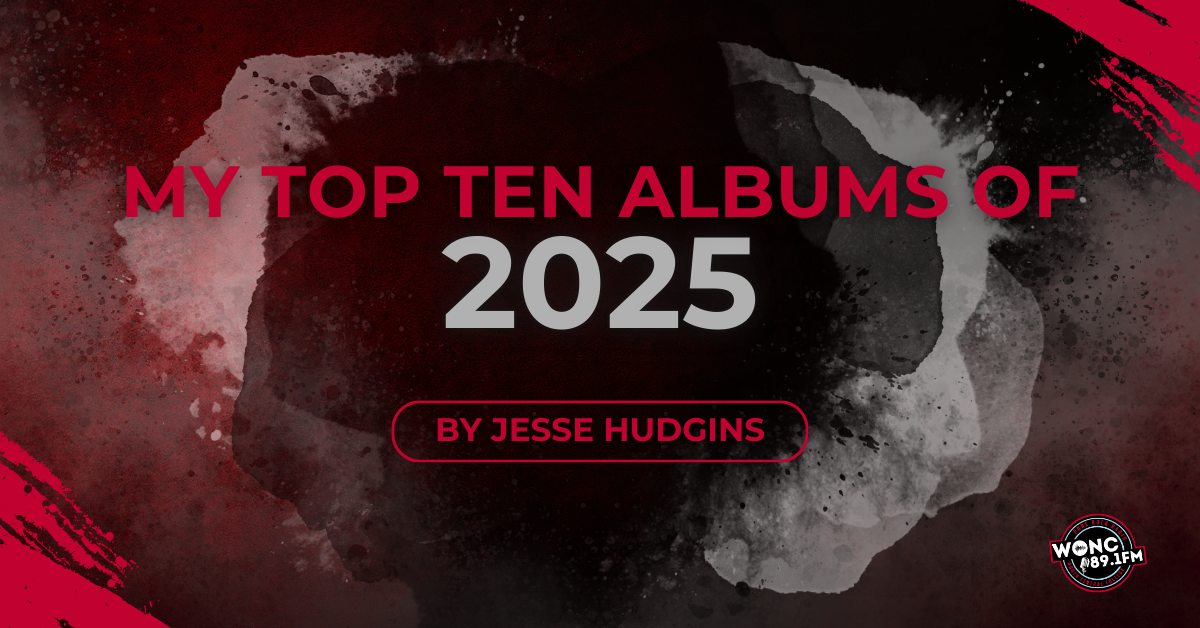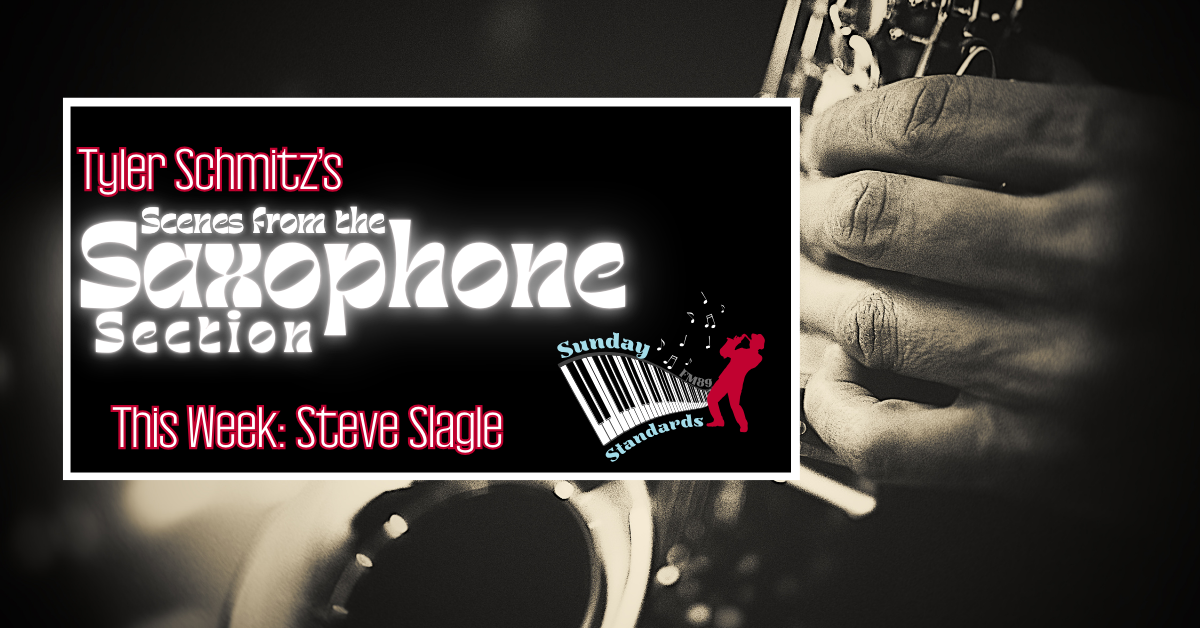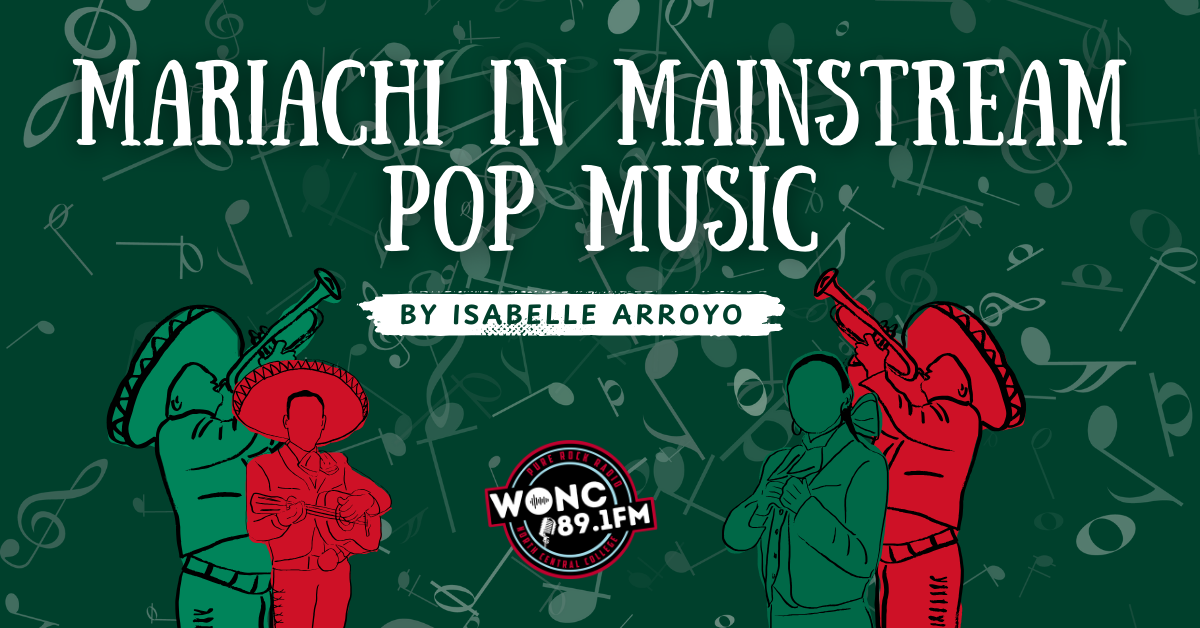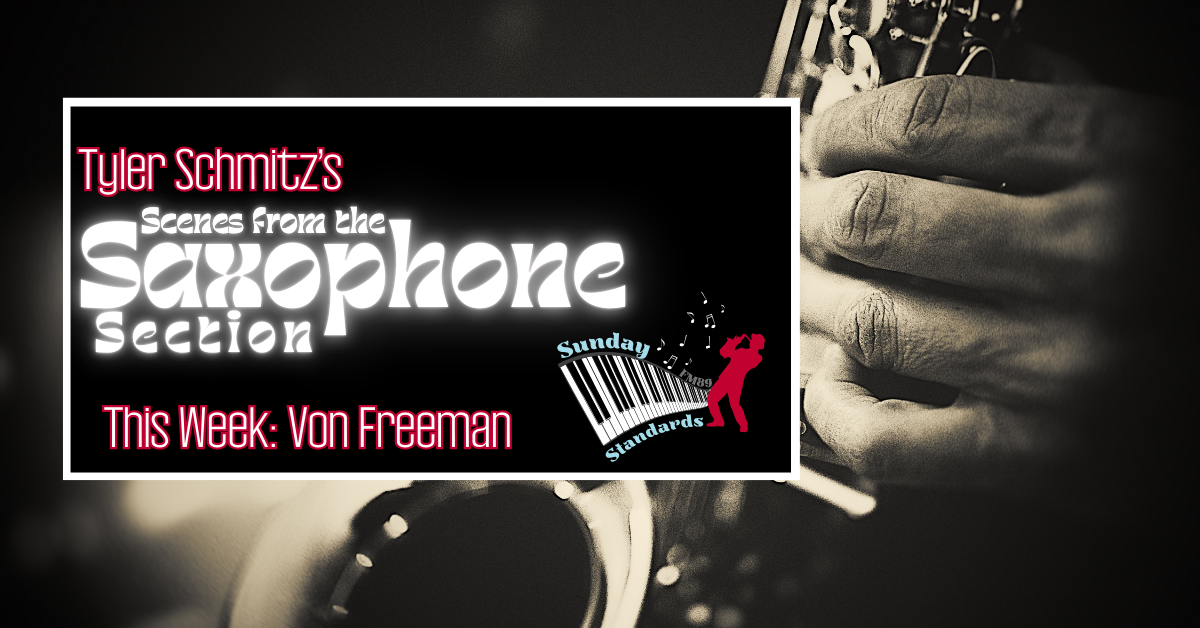by Jayden Lawrence
Doechii delivered Alligator Bites Never Heal less than a year ago, and her work has already reached critical acclaim. More recently, her hit song, “Anxiety,” from her deluxe album debuted at No. 13 on the Billboard Top 100. Additionally, last week she jumped on the “Timeless” remix with The Weeknd and Playboi Carti. Doechii is definitely one of the brightest stars to gain popularity out of the pandemic. As we know, this was a time when newer artists had an opportunity to break out. As an artist, her work is beyond dense, but as a female artist in hip-hop, she’s becoming an icon.
The Florida artist started her music career in 2014, and in terms of rapping, she began in 2016 through Soundcloud and YouTube. At some point, she took a one-way flight to New York to audition for The Voice but unfortunately didn’t make the cut and was subsequently homeless.
In 2022, after capturing audiences through TikTok the year prior, she became the first female rapper signed to Top Dawg Entertainment (TDE). Next, Doechii released her first full-length mixtape Alligator Bites Never Heal in 2024. In a condensed timespan, Doechii utilized every opportunity given to her, and made a career starting from seemingly nowhere. The discussion needed in the hip-hop community starts long before Doechii, though.
Throughout history, female rap hasn’t received the love it’s deserved. Instead, the oversimplification of women’s contributions and misogynistic behaviors of the world have been pervasive through the genre. For artists who “don’t fit the stereotype,” there’s a social barrier; for artists that do fit, they face objectification and normalized abuse.
A recent example is Rihanna, one of the most recognizable people around the globe. Her Super Bowl performance in 2023 received 103 FCC complaints for being overtly sexual. Her story showcases a clear power divide between female and male artists.
In 2009, Chris Brown was arrested on domestic violence charges against Rihanna. Today, he’s still earning RIAA Diamond awards. Celebrities and fans were polarized as many came to the defense of Brown for various reasons.
What Doechii raps flips this narrative in a fun and direct way. Doechii is a queer black woman who inspires younger audiences to be authentically themselves. While she touches on real, universal problems, Doechii still faces hate, but she’s not letting those voices stop her.
Objectively, “Anxiety” has as much, if not more, replay value than its predecessor. Yet, even as the song touches on anxiety disorder, which 30 percent of adults have experienced according to a 2019 study, it’s been bashed for majorly underdeveloped or nostalgic reasons.
She is nowhere near being the first female artist to push past unwarranted backlash. Queen Latifah was disrespected by DJ Akademiks; Roxanne Shante was the center of hip-hop’s first beefs; Salt N Pepa, Nicki Minaj, and Cardi B have stood tall in a male-dominated field, despite barriers. Even Rapsody raps about this in her song “The Pain.”
Tragically, throughout hip-hop history, one can commonly find women being the center of rap beefs and disses. Generally, they end up either the prize or the vixen, which is why Doechii’s rise, and criticisms of being an “industry plant” are sparking important conversations. The problems we have today aren’t due to a lack of female effort in music production; it’s a lack of female voices. This stems from the media, too, as historians like Kyra Gaunt know their subject matter and are credited in hip-hop studies, yet you’d be hard-pressed to find a female hip-hop journalist who has the platforms to reach diverse audiences.
Without that integration of audiences, it’s easier to lack understanding of what’s going on. If we view this realistically, learned behaviors aren’t changed overnight, but they start with some awareness. No matter how you feel about Doechii, what I’ve enjoyed about her style is that she’s clearly not losing sleep over how the critics feel.

